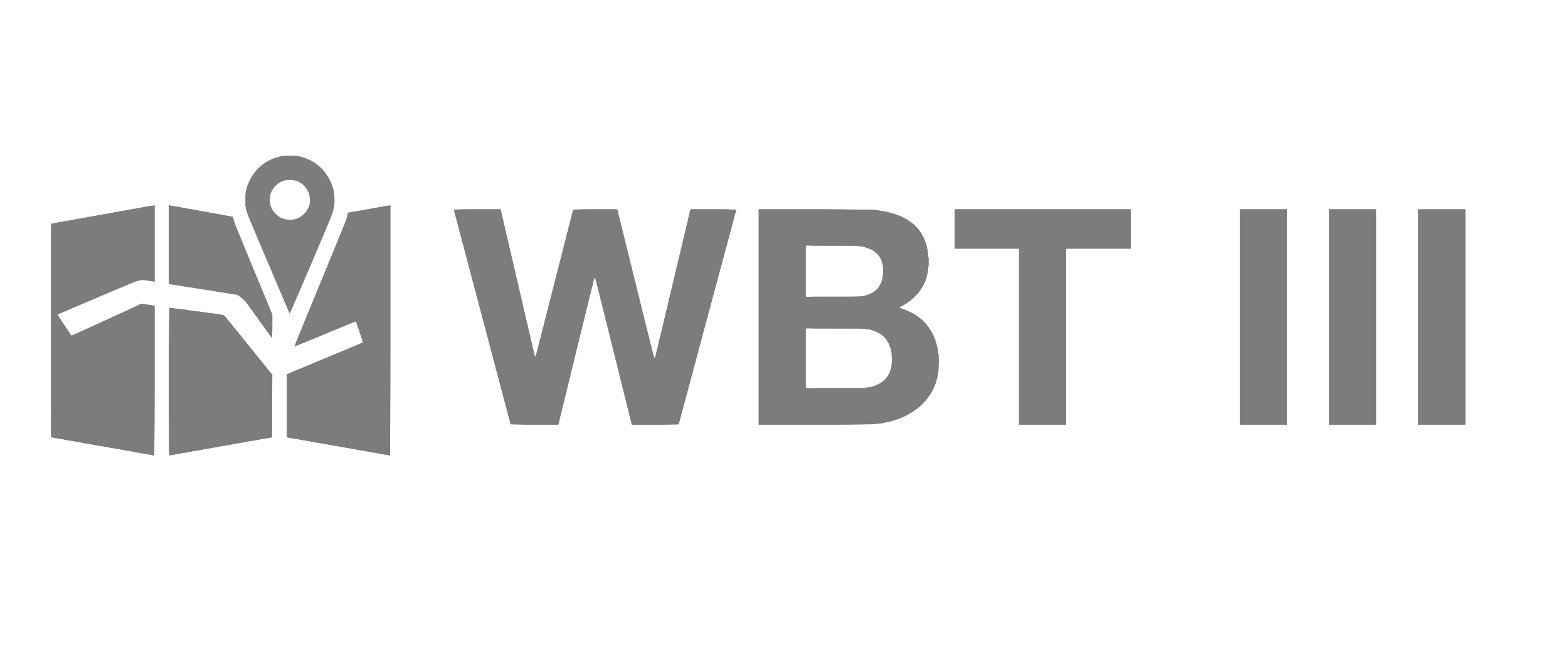10 Questions to Ask an Adviser
Interviewing advisers can be a time-consuming and daunting task, but it can go much more quickly if you know what questions to ask. It’s easy to get caught up in chemistry (would I like working with this person?), but in the long-term, you also need to be able to trust your adviser to place your best interests first in every situation. Here are 10 questions you can use to compare potential advisers for your business and yourself:
What are your credentials? Nearly every adviser has a list of initials after his or her name these days, but some credentials are more robust than others. Well-known, credible professional certifications include Certified Public Account (CPA), Personal Financial Specialist (PFS), Chartered Financial Analyst (CFA), and CERTIFIED FINANCIAL PLANNERTM, or CFP(R). Each of these credentials requires a rigorous education, ethics and exam component. To compare credentials, visit the Financial Industry Regulatory Authority’s (FINRA) Professional Designations website. Also ask if the adviser’s firm is a Registered Investment Adviser, or RIA. RIA firms are required to act as fiduciaries for clients, meaning they must place their clients interests ahead of the adviser’s or the firm’s.
What is your experience working with entrepreneurs? Look for indications that the adviser has worked both in a business and personal capacity with an entrepreneur, and for examples of how he or she made holistic recommendations for the client.
Are you a fiduciary? Not every adviser has a requirement to place your interests first. In The Entrepreneur’s Guide to Financial Well-Being, I discuss different types of advisers and the standards they are required to meet. (A chart from the book is available in the Resources section of this site.)
Explain how and when you would coordinate with my other advisers. You want to know that your financial adviser can, and would, work collaboratively with your attorney, accountant , or other advisers to create plans and/or opportunities to benefit you and your business.
What is your process for working with clients? Process is the most critical tool in an adviser’s toolkit. Ask the adviser to explain it, and even diagram it. (An example of my process is available in the Resources section of this site.)
How do you communicate with your clients, and how often do you do it? Ongoing, regular communication should be part of an adviser’s process and not left to chance. Evaluate how much communication you think you need, versus how much the adviser is willing to give.
What will the scope of your recommendations include? Will the adviser look at your personal situation in the context of your business, and vice versa? What additional expertise can the adviser bring to help you grow and scale your business?
How are you compensated? Compensation methods in financial services can be directly related to they types of products or services an adviser recommends. If the adviser is not a fiduciary, he or she may receive monetary incentives to recommend one product over another, even if both are suitable for the client.
Will I work directly with you or someone else from your office? Make sure you meet and are comfortable with each member of the team if you engage an ensemble practice. You’ll want to understand each team-member’s credentials, as well as how the team works together to ensure your needs are met.
How do you measure your success with a client? Most good advisers will have thoughtful answers to this question, and asking it will help you better understand the adviser’s goals as well as your own.
If you are interviewing multiple advisers, it may be helpful to set up a spreadsheet to compare their answers, as well as your feelings about their personalities, their offices, the ease of setting up an appointment, and other factors that could affect your decision. While it may seem like a large time investment, the potential rewards of your process could include peace of mind, further business growth, lower taxes, and/or a clear roadmap toward your own goals. Good luck!
